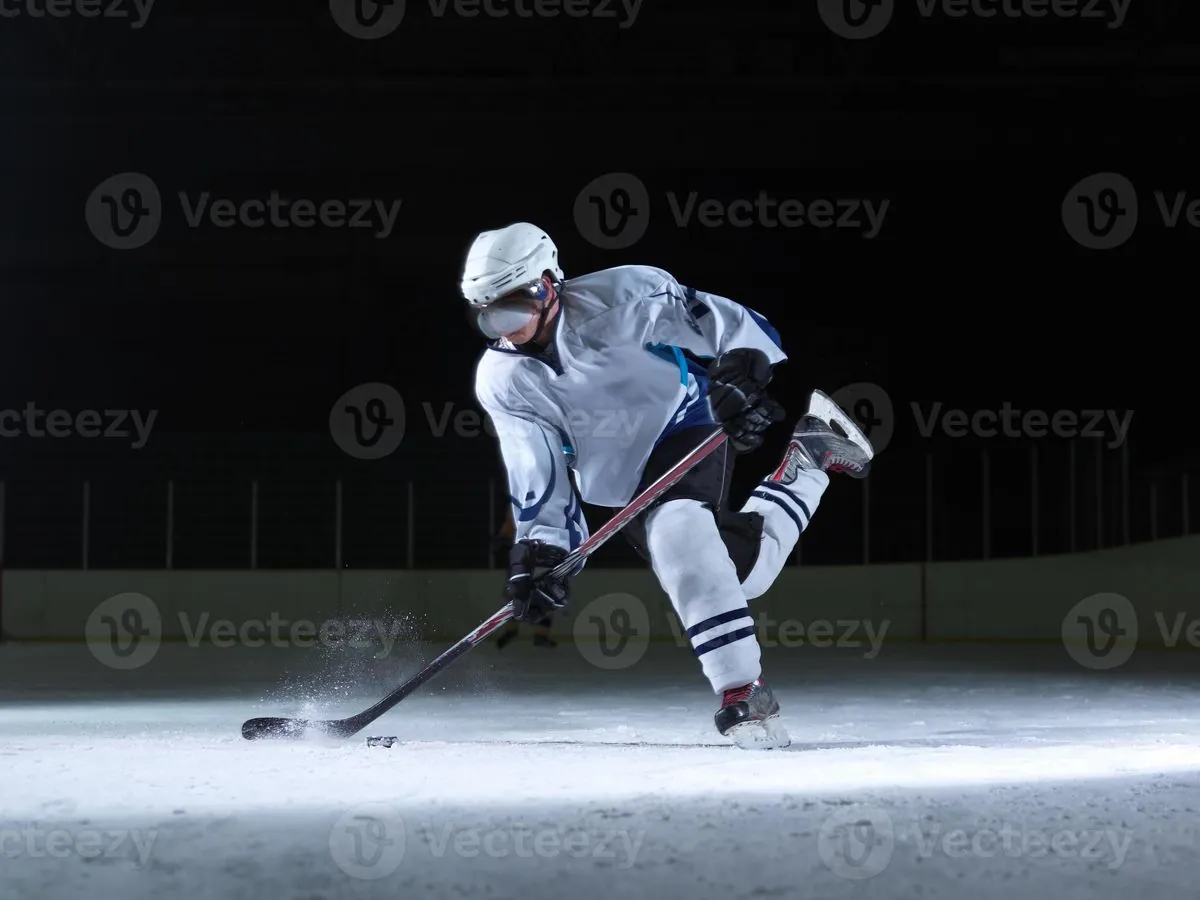A legal challenge has emerged in the world of collegiate ice hockey, as Rylan Masterson, a 19-year-old Canadian resident, has filed a lawsuit against the National Collegiate Athletic Association (NCAA). The case, submitted to a federal court in upstate New York on August 12, 2024, alleges that the NCAA is violating U.S. antitrust law by denying eligibility to current and former Canadian Hockey League (CHL) players.
The lawsuit contends that the NCAA's rules are preventing CHL players from competing for U.S. university teams, potentially costing them significant opportunities in terms of scholarships and other revenue. Masterson, who played two exhibition games for the CHL at age 16, claims that this brief participation has unfairly cost him the chance to play in NCAA Division I, the highest level of intercollegiate athletics in the United States.
The CHL, established in 1975, consists of three member leagues and has been a significant source of talent for professional hockey. Similarly, NCAA Division I hockey has served as a crucial pipeline to the National Hockey League (NHL), which was founded in 1917. The lawsuit points out that approximately 30% of current NHL players have Division I experience, highlighting the importance of collegiate hockey in player development.
Masterson's legal team argues that in a competitive market, top hockey players should be able to move between the CHL and Division I as their circumstances and career goals evolve. The NCAA's ban on CHL players, they claim, is an unreasonable boycott aimed at harming the Canadian league.
The NCAA's justification for the ban, according to the lawsuit, is that CHL players are considered "professional" athletes. However, Masterson contests this classification, stating that CHL players receive only minimal stipends for living expenses, far below minimum wage. This dispute over player status is at the heart of the antitrust allegations.
"The ban has prevented young hockey players from doing what's best for their careers for years."
The case seeks unspecified monetary damages and class action status, potentially affecting thousands of current and former CHL players. It's worth noting that the NCAA offers over $3 billion in athletic scholarships annually across all sports, underscoring the significant financial implications of eligibility rules.
This lawsuit is not occurring in isolation. The NCAA faces multiple antitrust challenges regarding restrictions on athletes. In a recent development, the organization has preliminarily agreed in one major case to allow student-athletes to receive compensation for the first time, marking a potential shift in the landscape of collegiate athletics.
As the case unfolds, it may have far-reaching consequences for the relationship between junior leagues like the CHL and collegiate athletics in North America. The outcome could potentially reshape opportunities for young hockey players navigating the complex path to professional careers in the sport.
